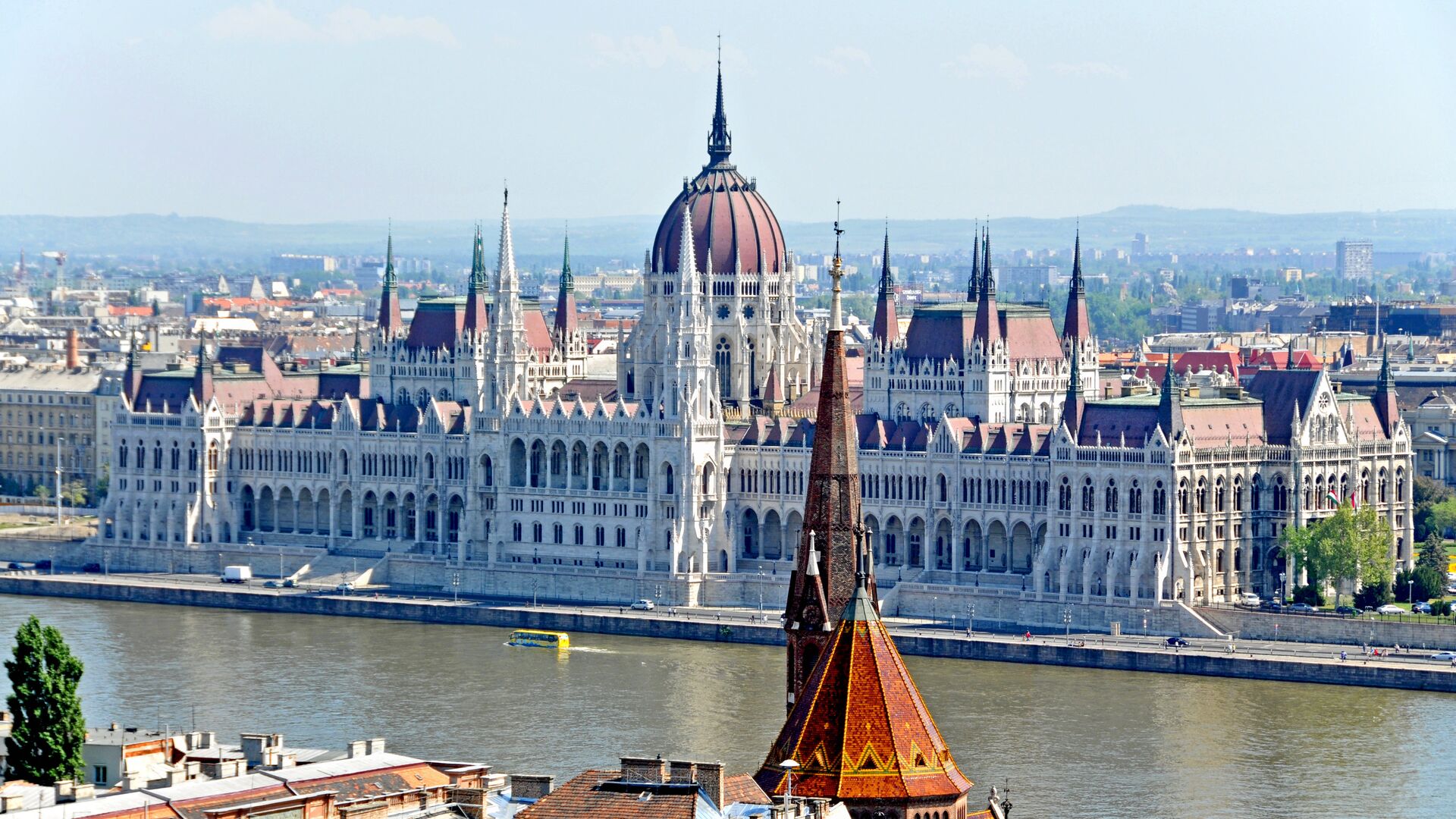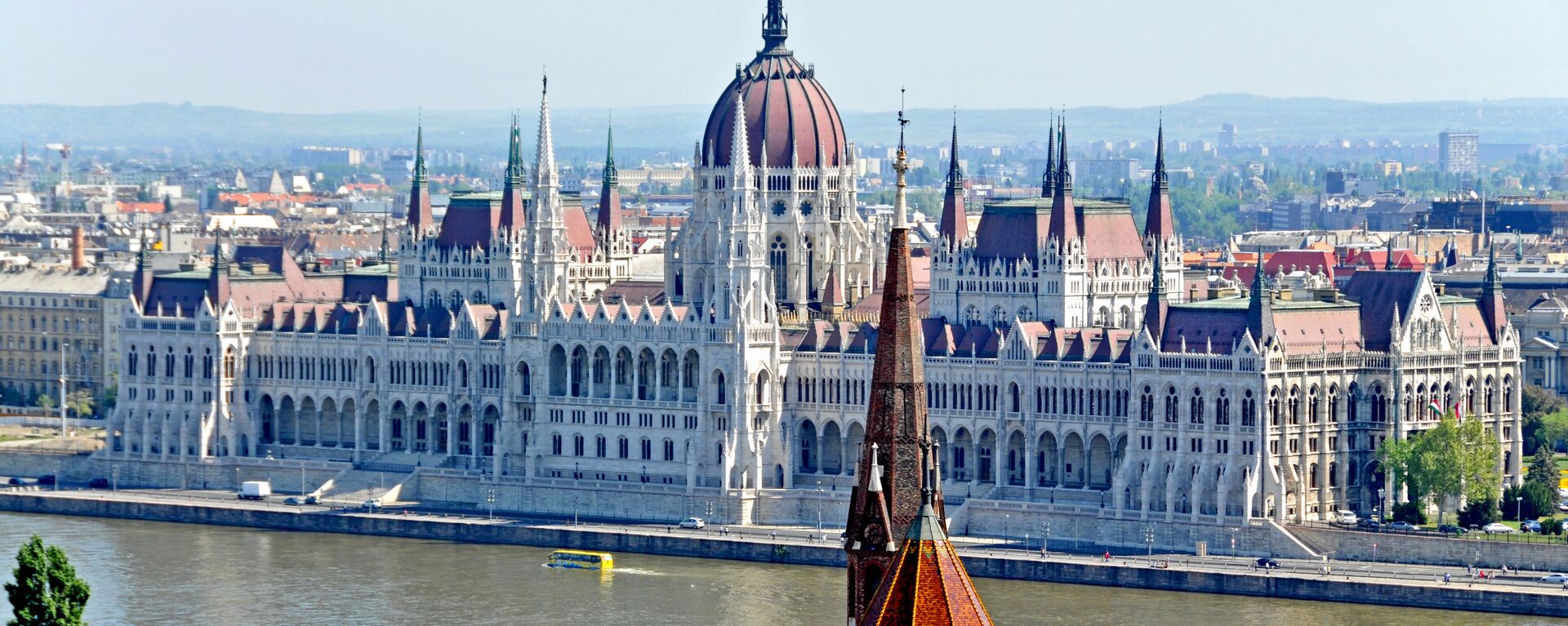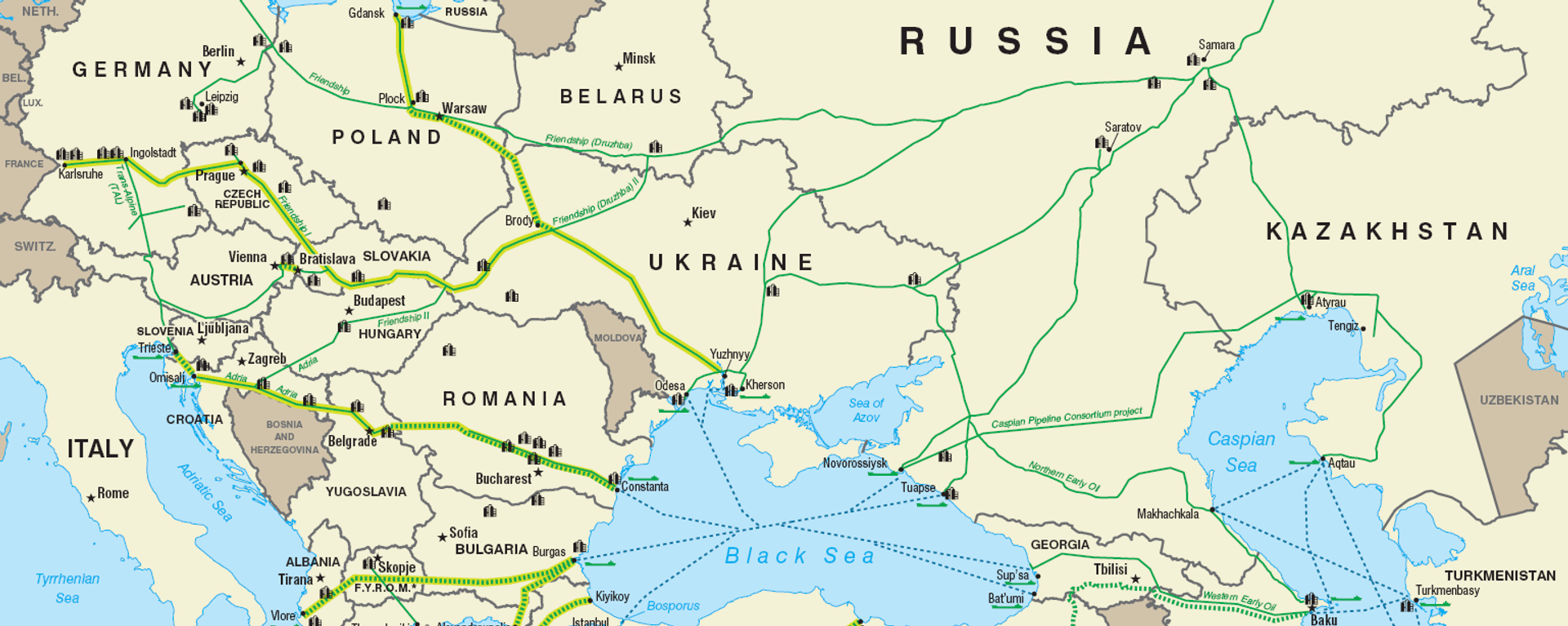Hungarian Envoy Dismisses Kiev’s ‘Lectures’ on Ties With Russia
15:26 GMT 27.06.2022 (Updated: 20:56 GMT 19.10.2022)

© Flickr / Dennis Jarvis
Subscribe
Ukraine’s ties with Hungary were poisoned after the 2014 coup in Kiev and the new Ukrainian authorities’ moves to deprive ethnic Hungarian-Ukrainians of their right to get an education in their native tongue. Tensions recently escalated into a bitter war of words, including recriminations about the state of leaders’ mental health.
Budapest won’t let any country lecture it on its relationship with Russia, and will not support any “radical sanctions” on Moscow that might harm Hungary, Hungarian ambassador to Germany Peter Gyorkos has said.
Speaking to Welt on Monday and asked why Hungary doesn’t see Russia as the same kind of “danger” that other Eastern European countries do, notwithstanding the historical Soviet intervention in 1956 to put down the Hungarian uprising, Gyorkos said that the experience of 1956 was “exactly why nobody should lecture Hungary about its relations with Russia.”
“We help Ukraine, we help people who are fleeing and suffering. But we have learned from our history that we must do everything possible to avoid a direct war with Russia on our territory,” the diplomat said.
Hungary, Gyorkos said, is “more dependent on Russian raw materials than others” in the European bloc, and for this reason will not tolerate “radical sanctions” proposed by Brussels.
Gyorkos also indicated that Budapest has legitimate security concerns about the safety of Hungarians both in Hungary and outside of it, which accounts for its refusal to allow Western arms to flow through the country on their way to Ukraine.
“Russia made it clear early on that arms deliveries are a legitimate military target. A Hungarian minority lives on the Ukrainian side of the border. The government has a constitutional obligation to protect these people. If arms transports were attacked there, these people would be in danger. We can’t allow that. It’s as simple as that,” the diplomat stressed.
In recent months, Ukrainian officials and the country’s ambassador in Germany have expressed vocal criticism of Berlin for everything from the slow pace of arms deliveries to Chancellor Olaf Scholz’s reluctance to travel to the Ukrainian capital to ‘show solidarity’ with Kiev. Commenting on these attacks, Gyorkos characterized them as “unfair.”
“I think Germany is doing a lot for Ukraine. The Germans have already paid a price for this and will continue to pay it. Loud criticism of Germany is unfair. It also bothers me when Ukraine criticizes us. Hungary does a lot for Ukraine,” he said, pointing to the estimated 150,000 Ukrainian refugees living in Hungary, deliveries of food and medicines to Ukraine, and Budapest’s agreement to help Kiev export its grain harvest.
Gyorkos expressed “doubts” about rhetoric by some EU officials, including EU foreign affairs chief Josep Borrell, that the Ukrainian crisis can be resolved on the battlefield. “I think an end to the war can only be brought about through negotiations,” he said.
The diplomat’s sentiments have recently been echoed by other officials, including Balazs Orban, an advisor to Hungarian Prime Minister Viktor Orban. Last week, the advisor urged Brussels to step away from its self-harming sanctions against Russia and negotiate.
“At the end of the day Europe will be on the losing side of this war because of the economic problems. Our recommendation would be that we should stop the sanctions process. Right now what we are experiencing is that the more sanctions we accept, the worse shape we are in. So we have to think about something. Negotiations, ceasefire, peace. Diplomacy. That’s our position,” Orban (no relation to the prime minister) said.
Kiev poisoned its ties with Budapest in the immediate aftermath of the February 2014 coup by promising to crack down on minority languages. Hungary’s attempts to maintain cordial business-like ties with Russia have exacerbated the bad blood, particularly after Moscow launched its military special operation in February.
Last month, an aide to Ukraine’s energy minister suggested that “something” should happen to the massive Druzhba (‘Friendship’) pipeline carrying Russian oil through Ukraine to Hungary to teach Prime Minister Orban a lesson and to “speak to [him] in the language he understands.”
Also last May, Orban’s name appeared on a notorious Security Service of Ukraine-curated website listing so-called “enemies of Ukraine.”
In early June, Ukraine’s Foreign Ministry demanded that Hungarian Parliamentary Speaker Laszlo Kover produce a psychiatrist’s note on his mental health after Kover suggested that Ukrainian President Volodymyr Zelensky was suffering from a “mental problem” which accounts for his demanding and threatening tone when it comes to asking Western countries for help.
“I can’t recall another leader of a country in need of help daring to speak out against anyone in the way that President Zelensky has, not just against Hungary, but even against the German chancellor,” Kover said. “You’re supposed to threaten your enemies, not those who you want to make your friends. There’s some kind of personal mental problem, and I don’t know what can be done about it.”




